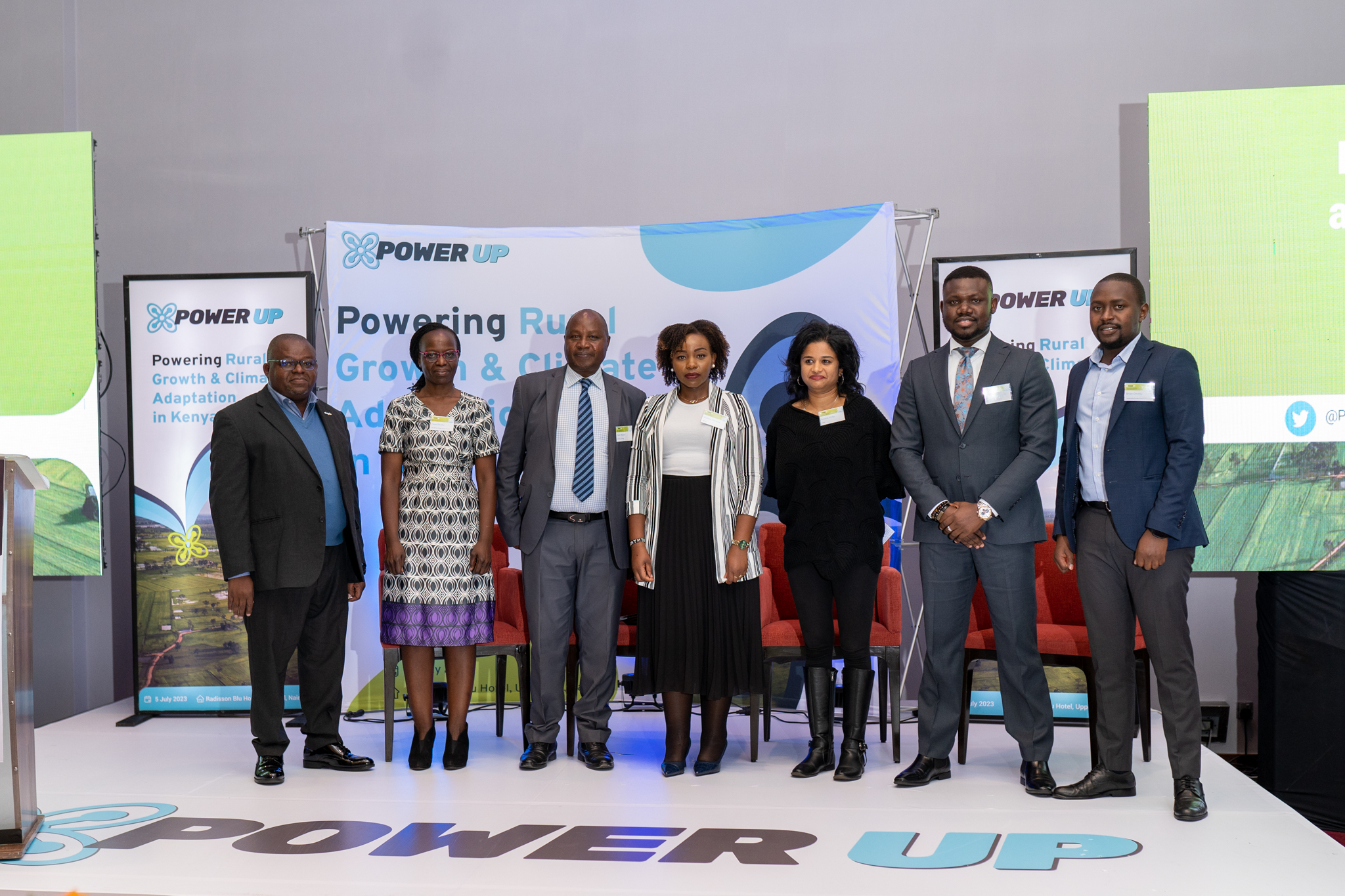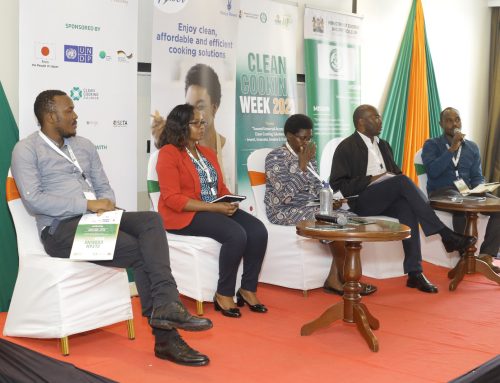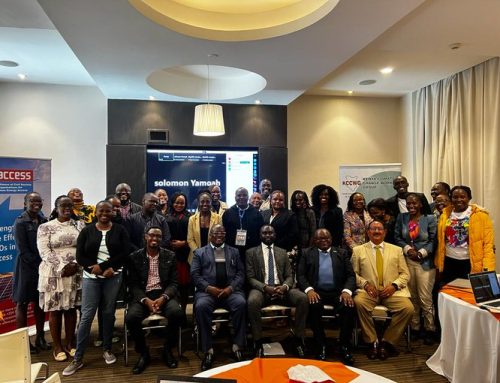ACCESS Coalition joined in the launch of Power Up a Global Campaign by a network of civil society organizations. The campaign calls on the government to widen access to clean, affordable energy by considering nine policy recommendations to unlock sustainable growth by increasing investments in energy access.

The keynote speaker Paul Mbuthi, Senior Deputy Director of Renewable Energy at the Ministry of Energy and Petroleum (Kenya) affirmed the government’s support to the initiative. “The global clean energy 2030 agenda will not be achieved without addressing energy efficiency and clean cooking,” he said.
According to Kenya National Bureau of Statistics’ 2019 census report, about 50.4 percent of Kenya’s population have access to electricity and 19 percent use solar energy. Yet there are numerous untapped opportunities for productive use of energy in different sectors, especially agriculture, which contributes 30 percent to Kenya’s GDP and employs 56 percent of the population.
Speaking during the event, John Kioli, ACCESS Coalition Chairman called for increased financing on energy efficiency and renewable energy, “more than 800 million people in Sub-Saharan Africa are energy poor. Yet there are immense opportunities for solar and wind. Companies operating in this sector should be financed,” he said. The national government and County Governments should provide incentives such as Tax rebates and others to investors of off-grid clean energy technologies.
Olfunso Somorin, AfDB Regional Climate Lead in East Africa noted that it is imperative to focus more on energy and adaptation, “80 percent of climate finance in Kenya is going to mitigation and 20 percent to adaptation.” Energy access can help spur socio-economic growth for urban and rural communities and boost energy access for all people.
The campaign’s nine policy recommendations to Power Up adaptation and growth include:
1. Provide urgent action and adequate budget funding to implement the country’s Nationally Determined Contribution and the National Energy Efficiency and Conservation Strategy 2020.
2. Prioritize projects and incentives driving investment in renewable energy, to enhance agricultural production.
3. Give the renewable energy sector a predictable and stable policy environment and tax incentives for the next 10 years.
4. Create subsidies and incentives for off-grid renewable energy options to enable access in off-grid areas as a pathway for boosting the productive uses of energy.
5. Boost demand for energy by creating consumer subsidies that help small holder farmers and large-scale producers to access productive use of energy technologies.
6. Promote public-private partnerships to mobilize resources for the productive uses of energy in the agricultural sector, targeting small holder farmers.
7. Drive agricultural activities by establishing a climate adaptation funding mechanism dedicated to enhancing energy access in the Arid and Semi-Arid Land (ASAL) region.
8. Launch demand-side campaigns raising awareness of productive use of energy technologies.
9. Develop a local technical assistance programme.





Leave A Comment